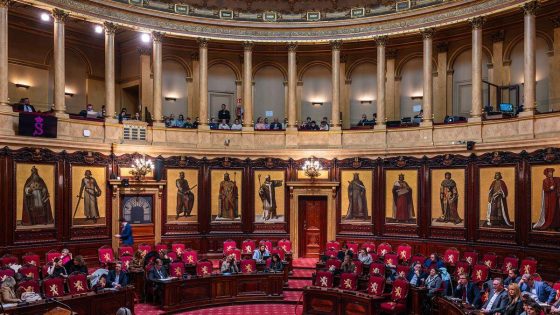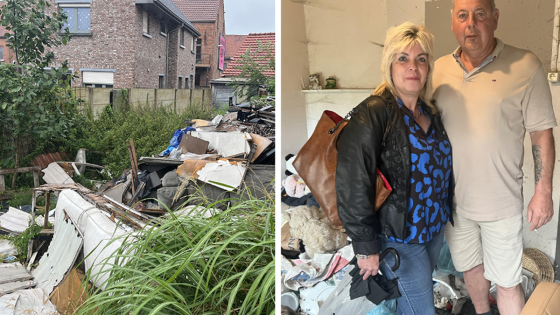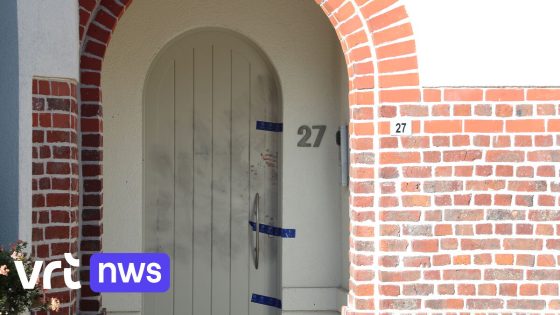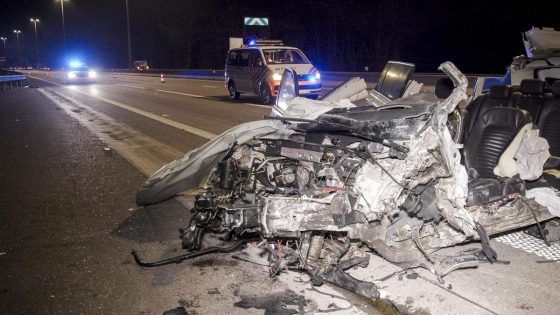Donorkind and wensouder issues have sparked renewed discussion in Belgium, capturing public attention as of 2025-07-08 22:44:00. Stories of individuals like Ans, who uniquely embodies both roles, highlight the complexities faced by many in the fertility and family planning landscape.
- Ans navigates dual roles in donor parenting
- Donorkind embraces identity as a wish parent
- Experts warn of donor shortage risks
- Brussels investigates sperm donation misconduct
- Ans addresses criticism as a wish parent
As fertility experts warn of donor shortages if anonymity bans take hold, and Brussels authorities investigate irregularities in sperm donation, questions arise about the future of assisted reproduction. How will these developments affect Belgian families seeking donor assistance?
With personal experiences and official concerns converging, the debate touches on ethical, legal, and social dimensions, setting the stage for ongoing public dialogue.
What does this mean for Belgian families navigating donor conception? The conversation reveals tensions between privacy, transparency, and support:
- Individuals like Ans illustrate the dual perspective of donor child and hopeful parent, bridging two often separate worlds.
- Experts warn that banning anonymous donations may worsen donor shortages, complicating access to fertility treatments.
- Ongoing investigations into donation irregularities in Brussels raise concerns about regulation and trust in reproductive services.
- Public debate includes emotional responses to the ethical dilemmas faced by donor families, reflecting broader societal values.
As Belgium moves forward, it is crucial to foster open dialogue and responsive policy that supports all parties involved. Will Belgium find a balanced path that respects rights and meets demand? The coming months will be decisive for donor-assisted family building across the country.

































